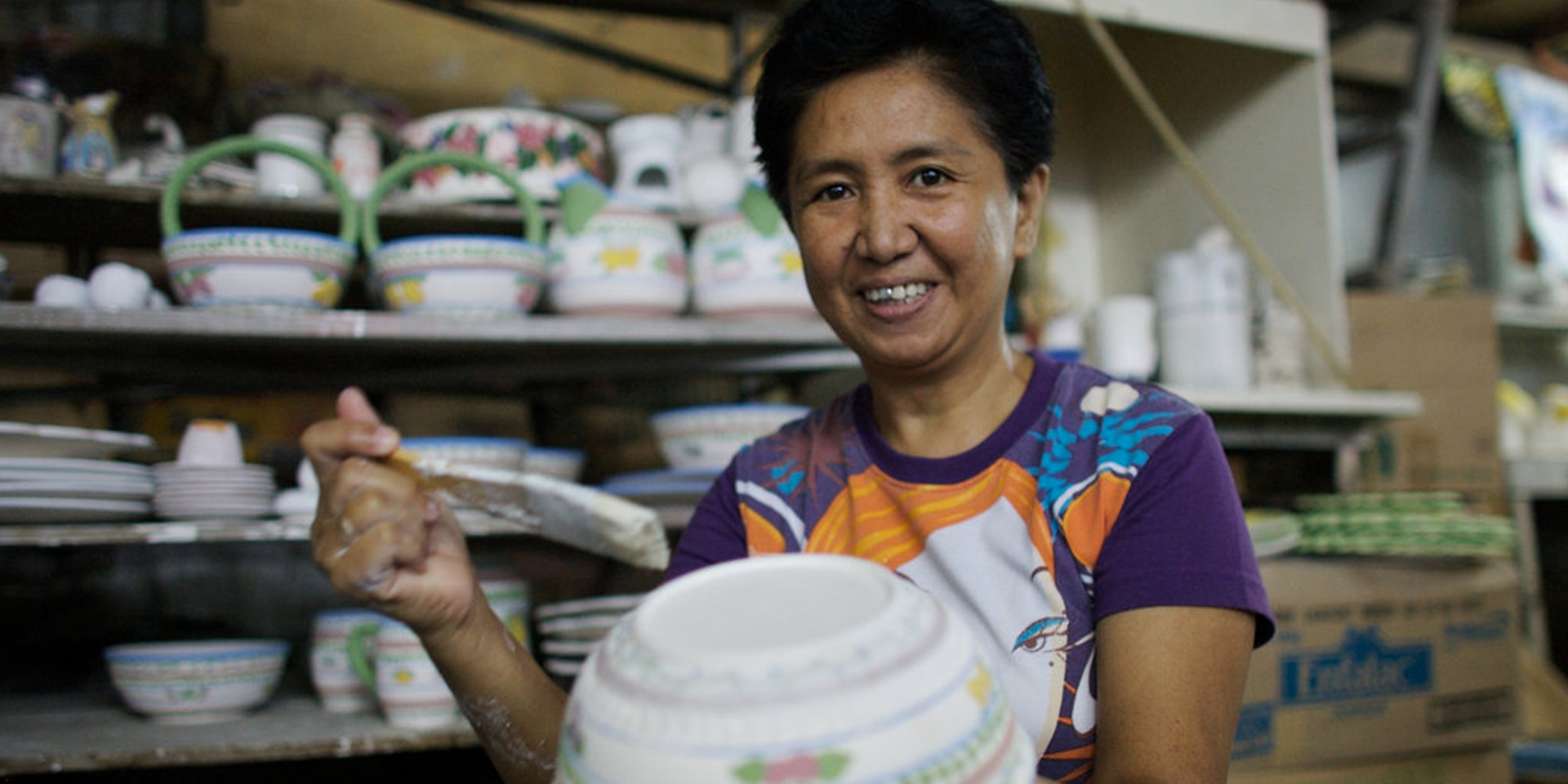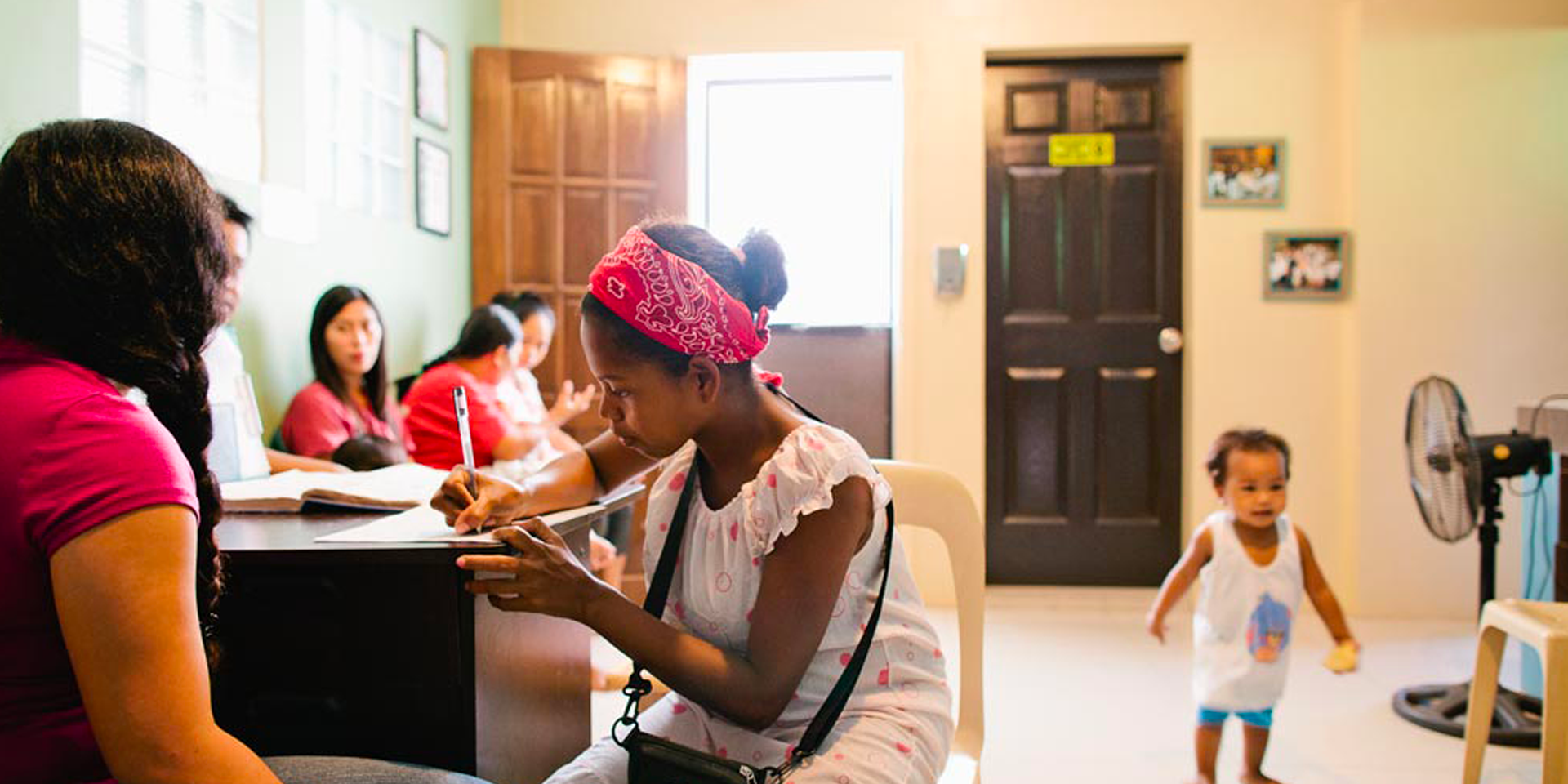This was originally published by Sharon Lewis in Jumpstart
The half-day-long event discussed the funding landscape for female founders, its inherent problems with gender bias, and what investors need to do going forward.
InvestHK and StartmeupHK held a virtual edition “Female Funding Fair: Raising the Bar on Gender Equality” earlier this week as part of the StartmeupHK festival.
Organized by Next Chapter Raise, an Asia-based female funding ecosystem, the half-day event featured conversations between business leaders and investors across three panels.
The event focused on highlighting gender equality in business, and how gender equality in the funding ecosystem is good for businesses. Here are the key takeaways from the Female Funding Fair 2021.
Roundtable: Female Founders – a better investment?
The roundtable featured Melissa Widner from U.S.-based Lighter Capital, Amar Gokhale from India-based Intellecap, and Jeff Ng from Hong Kong-based Transcend Capital Partners.
Female founders receive less than 3% funding compared to their male counterparts, despite demonstrating twice the return per funded dollar. Moderated by Nicole Denholder from Next Chapter Raise, the roundtable deliberated on how the funding ecosystem could reboot itself to provide more access to female founders.
Gender bias was a predominant focus of the panel. Widner noted that when bias was taken out of the funding process by way of focusing purely on a data-based analysis, the gender skew in funding reduced considerably.
“When we look at debt financing, we are looking strictly at the financials. So what’s interesting is there’s a bigger percentage of funding that Lighter Capital has done to companies with either female CEOs or senior women at the helm. It’s about 20%, historically, which is just much greater than the average percentage for venture capital,” Widner said.
Putting all-female founders under a broad category would be inaccurate, Gokhale said. “A vast majority of women entrepreneurs are purely subsistence entrepreneurs. And what they need is microfinance or small ticket sizes, rather than equity. Gender-lens investing has to be sensitive to this.”
He added that investors needed to account for systemic barriers that female founders face. This helps them design solutions that work for these female founders, such as alternatives to collateralized lending, or non-financial risk mitigation measures (such as guarantee covers on bank loans). Financial institutions, he noted, need to look inwards and root out unconscious gender bias.
ScaleUp Showcase: “Female Founders changing the future”
The panel featured founders Precious Silva from Philippines-based fintech startup Pearl Pay, Emma Holcroft from Hong Kong-based biotech company Imunis, and Nicki Ramsey from Singapore-based fintech company CardUp.
True to its name, the session showcased business highlights of the three companies, and insights from the three founders on building early stage companies. The panel was moderated by Victor Lang, Co-founder and COO of Hong Kong-based fintech gini.
Silva noted that it was important for founders to profile the market properly in order to attract the right stakeholders. In terms of funding, Silva added that it’s important to also profile investors to understand which ones will have shared interests with the company, and can be the right fit as funding support. Further, she added that one of the strongest ways to market your product is to solve a pain point powerfully enough, resulting in organic growth.
In the fintech space, the complexity of doing business has increased with omnichannel fintech solutions burgeoning. This creates more room for SME to solve for this landscape, while giving investors a substantial revenue opportunity, Ramsey said. It is also important to evolve, Ramsey added, noting that while CardUp started with a consumer focus, they are currently almost entirely B2B.
When it comes to healthcare, the shift towards a patient-centric market has meant that companies need to devise patient-first solutions to capitalize on opportunities in the private healthcare space, Holcroft noted. Towards this, it was important that the company got partners from the medical field early on. Digitization has been a challenge, especially when it comes to privacy, she added.
In terms of challenges, the panelists noted that the representation of women leaders in the tech business space continues to be a problem with layers. This includes female founders often being outnumbered in meetings, and a male-dominated VC ecosystem possibly missing the plot on pain points pertaining to women consumers.
Panel Discussion: Female Financial Power
Speakers on the final panel of the day included Debbie Watkins, CEO and Co-founder of women-focused neobank Lucy, Dipika Jaikishan, Co-founder of app-based women’s investment platform Basis, and Adrian Warr, Founding Member and Co-Chair of Male Allies.
The panel was moderated by Gwen Faure, Board Member at Hong Kong’s The Women’s Foundation.
Imposter syndrome can often get in the way of growth for female founders, Watkins said. She cited a study that suggested that people who seem confident tend to be more successful than those who are competent. While women need financial support when starting their business, the lived experiences of women that cause them to develop imposter syndrome makes the founder journey that much harder, she said. Creating a community of support for female founders is the first step to leveling that balance, she added.
Warr pointed out other stereotypes or biases surrounding women at work. This include that more women at work means more problems at home, or that more jobs for women means lesser jobs for men. At the same time, companies can be hyper-focused on the short term costs and risks of diversity efforts, he said.
Jaikishan added that from a cultural perspective, a growing percentage of women were becoming owners of wealth, but managing their wealth remained a gray area. Male figures are groomed from a young age to be creators and managers of wealth, unlike women, she added.
Watkins and Jaikishan also offered advice to women entrepreneurs attending the event on managing their wealth, investing in the right places, having a healthy relationship with debt, and improving their financial confidence.
The panel concluded the event on a note of striving to change the investment ecosystem and workplaces by aiming to listen and learn about the problem of gender in these spaces.
As Angelica Leung, Head of Consumer Products at InvestHK, said in her address, “It’s great that we have these platforms for dialogue, for education, to understand, both from the investor side, and from the female funding team side, about what needs to be done, where are the gaps in knowledge, and is there a gap in understanding as well.”
Related Posts
January 6, 2022
Serbisyo sa Barangay: Livelihood Program for MSMEs
Serbisyo sa Barangay is a livelihood program that will equip MSMEs in barangays with the necessary…
December 7, 2021
How Building a Credit Risk Database for Financial Institutions can Support MSMEs in the Philippines
Read how Credit Risk Database (CRD) can help financial institutions to provide risk-based lending…
November 29, 2021
Boosting Countryside Development in the Philippines: Livelihood Opportunities for Filipinos
Balik Probinsya, Bagong Pag-Asa program seeks to promote growth by investing in countryside…



